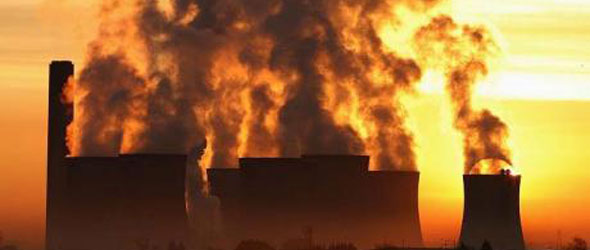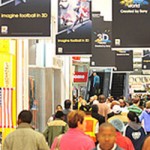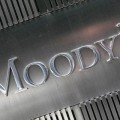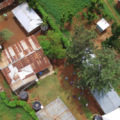Cape Town – The Department of Trade and Industry has warned that South African exporters could lose billions of Rands if wealthy nations imposed tough tariffs on energy intensive imports from the developing world.
About 40 percent of South Africa’s exports to the West are energy intensive during production. Gold, platinum, iron and steel exports could be the most affected.
The potential cost of such tariffs by the European Union (EU) and the US to South African exporters is estimated to rise to over US$720 million (roughly R5.6 billion) a year.
The SA value of trade estimated to be at risk of loss because of private carbon labels is US$63.3 billion (about R493.7 billion). This is largely in food products to the EU.
One of the cited measures is the imposition of border carbon taxes to prevent “leakage” of trade to more carbon intensive economies.
The other one is the placement of non-trade barriers, which are technical regulations and product carbon footprint standards meant to discourage consumers in wealthy countries buying goods brought in from developing nations.
These details, which worried MPs, were revealed by the department’s Dr Brendan Vickers on Friday to Parliament’s Portfolio Committee on Trade and Industry.
He was giving a presentation on the impact of climate change on the country’s future trade relations.
This comes at a time when an estimated 20 000 strong delegates from around the world are expected to gather in Durban at the end of the month for the all-crucial COP17 Climate talks.
Vickers has indicated that wine exports in the Western Cape along with the packaging industry, could suffer job losses and R400 million in revenues by May next year.
This, he said, was because the EU preferred buying wine in bulk containers, instead of bottles and then packaging it in their “green bottles”.
MPs said such measures, if implemented, would reverse the country’s economic gains and threaten job creation plans.
Looking ahead, Vickers urged South African industries to go green as a counter measure.
On COP17, he said the department wanted to see the establishment of a permanent forum for all parties including non-governmental organisations which would meet twice a year to discuss response measures and share experiences.
He said that they also wanted to see “mutual supportiveness” between the UN Framework Convention Climate Change (UNFCCC) and the World Trade Organisation (WTO) regimes. – BuaNews













Speak Your Mind